|
This is the 4th interview in the Techpreneur Interviews series, and this week I'll be talking with Matic Bitenc, the CEO of Toshl Finance, a company whose apps are very popular in both the Google Play and App Stores. (The Android app has a staggering 26,000+ reviews in the Google Play Store.) Matic came from an agency background, and he and his team have had what could be described as the dream journey for a tech startup. They were accepted onto an accelerator programme, moving out to California from Europe, and got early traction with their app. In this interview we’ll talk about healthy cofounder relationships, company mascots, redesign backlash, using social media to promote apps, and more! Welcome to the Purposeful Products Blog Matic! Please tell us about your app. Toshl Finance helps people track and plan their finances. People note down their expenses in the app, or sync them automatically with their bank or credit card. They can see their financial flows, set up budgets to limit their spending / increase saving, and get reminded about upcoming bills. We try to make it as easy as possible and even fun at times. Our Toshl Monster mascots and the slightly odd sense of humour pervasive throughout the apps certainly help with that as well. It's great that you mention mascots Matic, it's the first time the topic has come up during this series. So, what's the deal with mascots? Tech products can be a bit cold and transactional, so mascots can be used to strengthen your brand, and make it easier for customers to connect with your company. They can be a point of differentiation, and a way to give your brand personality, a topic that I discuss in Don’t Hire a Software Developer Until You Read this Book. What was life like before Toshl? I worked as a user experience architect at 3fs. We worked on many interesting projects before Toshl, but they were mainly for outside clients. It's quite different when it's your product and you’re involved at every stage. We get to decide on the direction of the product, also taking on board the feedback from our users, of course! Before that I studied European Studies in Ljubljana and Lille. Co-founded a web community of Slovenian Mac users and I even did improv and stand up for a while! Toshl is actually spinoff from 3fs, which designs and develops lots of great digital products. I worked on some of them before starting with Toshl - there was an app for creating comics for tweets, social platforms for telecommunications clients, amongst other projects. Improv! A world away from the structure of product and software development… The Toshl Team moved out to California from Europe, right? That would be a dream for many entrepreneurs - can you tell us what that experience was like? We moved to San Francisco in 2012 when we took part in 500 Startups accelerator. It was certainly a very interesting experience, we learnt a lot and had a great time. A friend once said that San Francisco and the Silicon Valley are like Disneyland for entrepreneurs. The density of the startup ecosystem and the opportunities it provides are certainly remarkable. We moved back to Europe after a while though. The lifestyle and surroundings in Slovenia were preferable to most of us. There's also less and less of a difference between Silicon Valley and the rest of the world when it comes to running startups, and our customers are all around the world anyhow. What’s a typical day like for you now? We're flexible regarding working hours, so I arrive at work anytime between 7 and 11 a.m., depending on the day, and what we have going on. I check out the work chats and notifications to get a feel of what's going on. I also check the various analytics we have set up. As we're not a large team, my work can vary a lot. I can be planning future features and business model changes, or replying to support queries, testing, recruiting... whatever comes up. Things are usually more specialised for other members of the team, but entail a variety of platforms and technologies, or design/marketing related work. How long have you been an entrepreneur? 6 years. The magic 6 years again! You’re the 4th techpreneur in a row that has said they started in 2012. It’s becoming a bit like that Jim Carrey thriller where all roads lead back to the number 23! The 4 of you have different backgrounds, come from different countries, and came to entrepreneurship in different ways too… If any readers want to comment on this recurring coincidence, I’d love to hear your thoughts! How did you first come to recognise that there was a problem that you could solve with your app? A colleague was renovating his apartment and precise tracking of finances was crucial. We talked about possible tools he could use and we wanted to get a better overview of the finances for ourselves. The app market was rather nascent at the time, and all the solutions we found didn’t work well, and looked rather crappy and drab. We thought we could do better, so we set forth designing and making a better expense tracking app! Our first prototype got some traction, feedback was good, we carried on and the rest is history. You can find out more about the evolution of Toshl Finance here: https://toshl.com/blog/toshl-finance-press-kit/. Press kits and "story telling" are topics that I’d really like to explore. We’ve talked about entrepreneurs' origin stories in every interview, but not the actual concept of the “Entrepreneur’s story.” By this I mean the use of story as a marketing and profile-raising device. Story-telling is in our DNA, and stories are not just for kids! We know from the popularity of TED Talks that adults are also entertained by people able to deliver messages in interesting and engaging ways. If I ask you to name the global phenomenon that started as an app for students at Harvard University, you'll know exactly which company I’m talking about, because the origin story of the business has been so widely shared. Take a look at the press kit for Toshl. Not all software businesses have them, but you can gather together:
It doesn’t have to be perfect! You can always update and improve this over time. Was there a moment that made you think you were onto something big with Toshl? I don't think there was a single big "Eureka!" moment, but rather a steady stream of responses from people using Toshl who showed us that our product had value for them. Lots of them were very passionate about it, with long lists of ideas for future development. Our approach to building more personal and less commoditised apps also seemed to have struck a chord. If customers have requests, or even criticisms, these can be a huge source of opportunities, so always log feedback and analyse it with a cool head so you don’t miss a trick. Sometimes what people are trying to communicate is - “If you can just fix this, it will make all the difference”, or “Once you have a better handle on that feature, that will give me the confidence to upgrade my subscription”, so be aware of this. I think the tech sector is pretty good in this respect, but you do come across companies that seem to see feedback as a drag, and don't appreciate the value of the data they’re receiving. Feedback leaves the door open to understanding more about what your users really care about. You can choose to shut the door, or open it wider and embrace what you learn. This doesn’t mean fulfilling every request, but you should carefully consider the points that are being made. Were you able to get product feedback before launching? With the very first prototype, we did some internal testing with our friends who hadn't yet seen the app. This was to make sure that it was all easily understandable, worked well and so on. The first version was a pretty bare-bones attempt, so more features and refinements quickly followed. Did you do a Beta launch? How did it go, and what was involved? A few years later, when we did a big transition to a vastly redesigned Toshl Finance v2, we had a much more extensive Beta program. We invited hundreds of our existing users to help us try the apps and work out any remaining issues. Lots was improved and fixed based on that feedback, but we still underestimated how big a shock a new design would be to people. Most people loved it after getting to know the new Toshl in the coming days, but the shock showed on our app store reviews for quite a while. We learnt to be a lot more gradual with future updates. Beta tests which usually attract the most early-adopting users won't tell you that. Yes, because early adopters aren’t “typical” users… Thanks for bringing that up. It’s a really interesting point. This group think differently to the general population, and represent about 13.5% of the gen pop. Your suggestion to phase in major changes slowly is a good one! People often hate software changes because they may be forced to change their behaviour, or to relearn how to use something which they were already happy, or familiar with. We become familiar with the apps on our devices, and feel that the software we use belongs to us because it serves our needs, and holds our data. This is why changes can leave customers feeling confused, inconvenienced, experiencing a loss of control, or sense of outrage! Snapchat, Twitter, the BBC and other big brands have all experienced what is known as redesign backlash. It's a very real consequence of making changes - just Google the term, or the phrase design backlash, and you will find pages of companies that have faced challenges when changing their user interface, and removing, adding, or altering functionality. If you want to make changes to your product, try running a preview with existing customers so you can identify any tweaks needed to help customers adjust and accept changes more easily. Updating support documentation, such as FAQs (Frequently Asked Questions), or training videos will also help customers to transition more quickly. How did you find your developers? The starting core of the team already worked together at 3fs, so they were the ones who brought us together to begin with. Later on we'd find people mostly through job ads on Facebook developer groups like this, a tech community in Slovenia called Slo-tech, and posts on our website and social media profiles. You have a co-founder, don’t you? Do you have any tips for building happy and productive co-founder relationships? Yes, Miha Hribar is a co-founder of Toshl and the CTO. I think we get along well because we have compatible characters, and try to maintain a constructive spirit. Obviously, in many years of working together tensions can rise at times, but when this happens we both try to "steady the ball", empathise with the other's point of view and not let the situation spiral out of control. Mutual respect is a prerequisite. There are 6 of us in the Toshl team right now and I'd say these principles apply to everyone in tight-knit teams. It feels a bit strange theorising about this and offering it as a tip, as this is just basic social conduct as far as I'm concerned. Not that I'm 100% successful in sticking to these tips either, but I certainly try. What are the most important lessons, or realisations you've had about life as a tech entrepreneur? There is no ideal path. Carve your own. Where did you experience the steepest learning curve? In keeping track of everything that's needed when running a company and making products. From the app design details, accounting, support, shares, language translations, ongoing testing issues, business deals, promotions... There are thousands of things you need to pay attention to, do and make sure they all come together. Not letting something fall by the wayside while managing to ship high-quality products is a constant battle. What have been the highs and lows of your experience as a tech entrepreneur? It's a rollercoaster, so minor highs and lows come weekly if not daily. It's difficult to point out just one. Highs certainly come when you're launching major product updates like the v2 and the Toshl Medici update with bank connections. Getting feedback from customers who love Toshl, hiring great new people, reaching major user and revenue milestones, and getting accepted into 500 Startups have all been highs for us. The lows are just the opposite - when team members quit, if we release a version with an unexpected serious bug, or when lots of people have problems with a feature. Let's spend some time talking about marketing... How did you identify the right target market for your product? Our initial target market is rather broad, as managing personal finances is something that almost every adult person needs. We narrowed down the target segments using our existing experience with our customers. For example: obviously tracking finances using mobile apps would appeal more to younger and mid generations (20-45) who are old enough to handle their own finances, yet more at ease with technology than older people. We used anonymous statistics and data from social networks to confirm and narrow down the results. Further segmentation was based on qualitative research from our support experience. We were able to identify a few main types of users who used Toshl in a certain way and came to represent a certain market segment. For example:
We then apply these lessons to ad variations, and apply the demographic targeting in some cases for better efficiency. Thanks for these insights! That first segment is one I would never have considered when thinking about who would use a finance app. I think it's worth pointing out that with a new business, you won’t always know exactly who's going to use your app, and how, and you may be surprised to discover the subgroups that are using it! I’ve spoken in several of my books about being fully present when doing customer support, and paying close attention to the types of people that are making contact with your business, the demographic that they come from, and how (and why) they use your app. Was there a transition to making sure you were marketing your “solution” to the right audience? I don't think there's ever a perfect fit. We're always learning and transitioning towards better segmentation, content, and new marketing channels, which all bring new challenges. Segmentation is helpful for thinking about marketing, making it more efficient, and finding new ad content, but marketing directly to a segment is just one tiny dimension of your product. It’s your initial "hook" that draws people's interest, when a problem or desire arises. From that point on, marketing is really ingrained into every design decision you make for the product. They're values that you subtly communicate to customers and they draw people in to using Toshl in different ways to manage their financial lives. What’s your preferred social media channel, and why? I’d love to hear your opinions about making social media work for apps, and SaaS products. Facebook. Simply because it seems to garner the most response from our users. Posts are structured to allow debate to develop, and it seems to work well. On the downside, there's the heavy hand of Facebook when it comes to limiting or increasing your post reach based on customers’ business interests, and so forth. It's a nice additional communication channel on a platform that people are familiar with, but I'd never rely on FB alone to reach our customers. Emails are still a lot more reliable and less encumbered by gatekeepers. That brings us neatly to the old “Which is best - social media, or email?” debate! A social media platform does not offer any true ownership of the profile that you build up. It can change its rules, close down, or change its focus, which can leave businesses in trouble if they are overreliant on social channels. People check email regularly, and addresses don't tend to change frequently, so unless customers opt out of receiving communications from you, email is still a reliable way to stay in contact with prospective and actual customers… Personally, I love Twitter and the publicness and searchability of it, but the reach is lower and it's often difficult to follow a thread. Social media is great for communicating with your most engaged customers who want more tips and to know what's going on with the company. We post all the stuff we like to share; e.g. new updates, upcoming Beta tests, personal finance tips, but consider too insignificant to bother everyone with using an email blast, which might quickly become annoying - and takes more work. Great point, and an interesting example of how to use social media as a way of sharing useful snippets of information! How much time do you allocate to marketing on a weekly, or monthly basis? About a day each week, but the time is unevenly spread. Which activities do you think have helped your startup to gain the most traction? Talking, and writing to journalists (especially in the beginning). However, it’s getting more and more difficult as we're over the “app hype” of a few years ago. Also, app store optimisation, ASO (a form of SEO for the app stores to help your product to be discovered through the smart selection of keywords, and keyword rich descriptions) and optimising paid marketing campaigns (AdWords, Apple Search Ads etc.) One of our clients said they wished they had a time machine after getting some advice from us. What would be the number 1 marketing tip that you would give to yourself, if you could go back in time and coach your less experienced self? Start with paid marketing earlier, and double down on getting the analytics right. What’s your top cashflow/money management tip for tech entrepreneurs? Use Toshl ;) Toshl Finance is mentioned in two of my books as a useful tool for entrepreneurs / tech entrepreneurs in terms of: i) creating an initial budget for building an app, and ii) maintaining an ongoing monthly budget to keep the product running and to monitor burn rate. You can find tutorials on how to use Toshl Finance here: https://toshl.com/blog/tutorials-manuals/. What’s next for you, and your app? Going deeper. We added over 9000 bank connections with US banks and services in 2017, and will be adding lots more connections worldwide in 2018. We'll make it even easier to help people stay on top of their finances - first by tracking financial flows, regardless of bank, service, or currency, and then by managing the money directly. All the while making it more fun and effortless to do so. Impressive. That’s a LOT of bank connections! I wish you well with your plans. Before we wrap up the interview, can I ask you a few quick-fire questions?
Android has a better developer console, but I still find app discovery to be better on iOS. Less devices and OS variations help too. They go neck and neck. If I were making a new app and had to choose one of the platforms to start with, I'd probably go with iOS, but it depends on the product and market. People are always interested to know the answer to that, and I really like that you brought some points to the discussion that haven’t been mentioned before! It’s been great Matic, thanks! Where can people go to find out more about Toshl? You can find us here:
Website: https://toshl.com Blog: https://toshl.com/blog/ Tutorials: https://toshl.com/blog/tutorials-manuals/
0 Comments
Your comment will be posted after it is approved.
Leave a Reply. |
WHAT INFORMATION WILL YOU FIND on THE PURPOSEFUL GROUP BLOG?Want to build a mobile, or web app to offer to your existing customers? Archives
February 2024
CategoriesAll # Building Software Applications Business Life / Managing A Business Buying Software For Your Business Entrepreneur Interviews Series 1 Entrepreneur Interviews Series 2 Funding Marketing Mindset Productivity Automation Business Tips Productivity-automation-business-tips Productivity Process Automation & Business Tips Research & Publications Startup And Small Business Support Technology Techpreneur Interviews Vision Strategy & Planning X |
|
Address:
5-7 Buck Street, Camden, London, NW1 8NJ Copyright © 2024. Purposeful Group®. All Rights Reserved.
|
Email: courses[at]purposefulgroup.com
Telephone: UK: 0203 974 2225 |
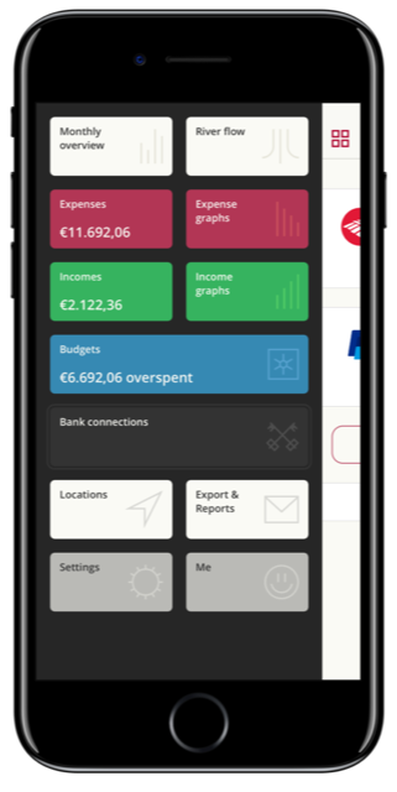
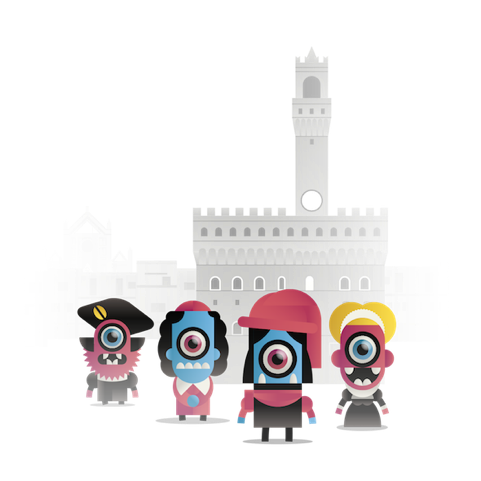
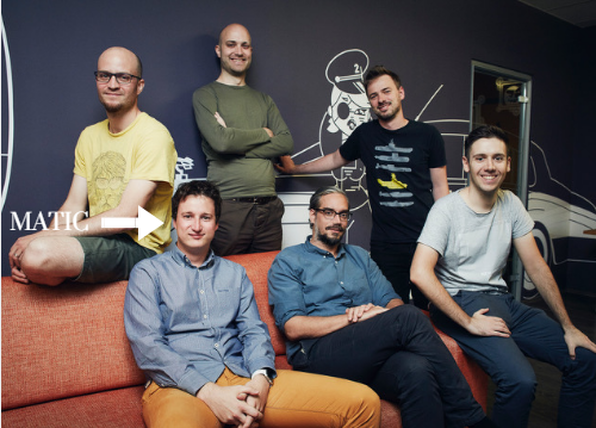
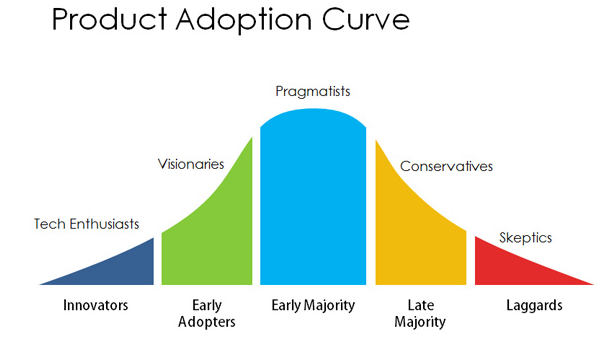
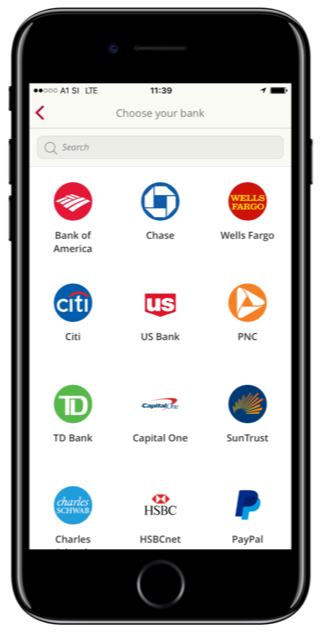
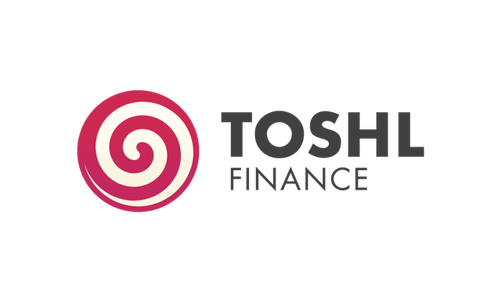
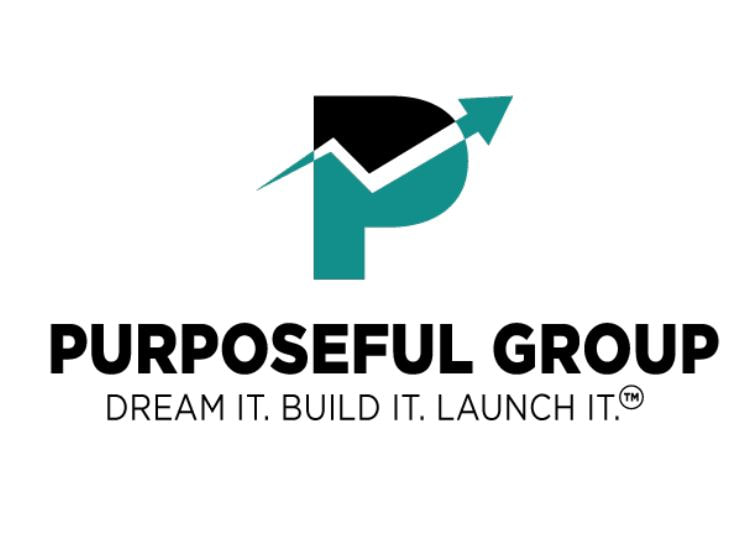
 RSS Feed
RSS Feed